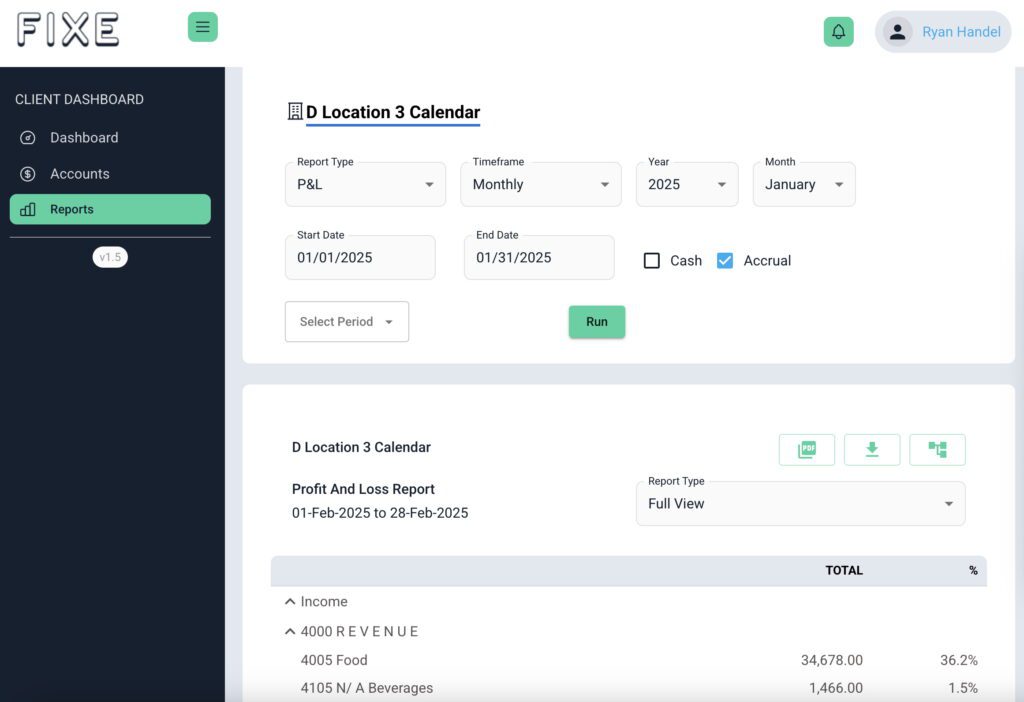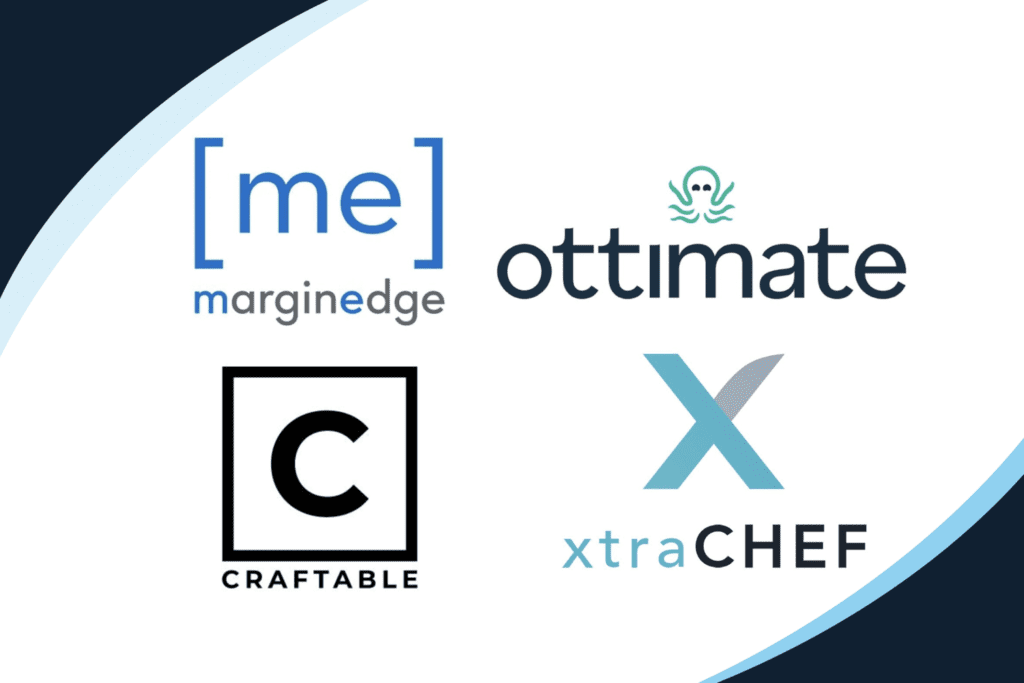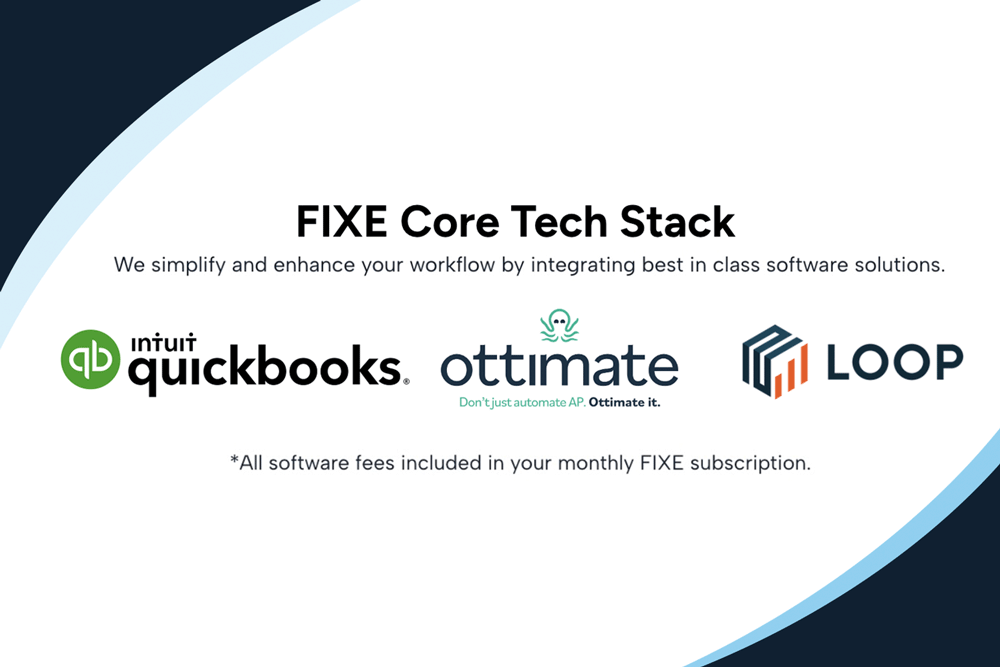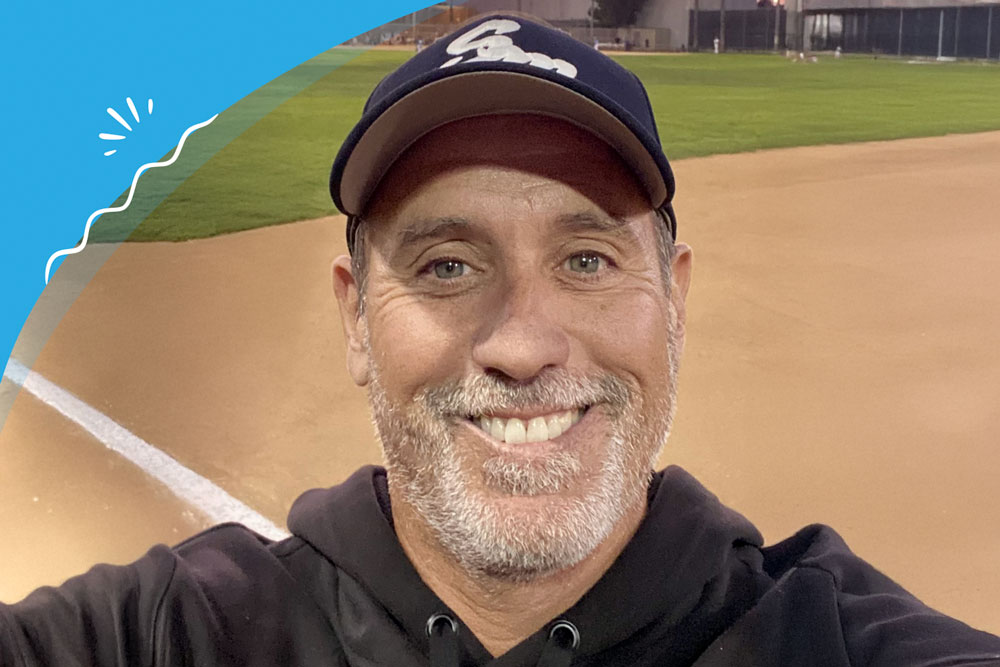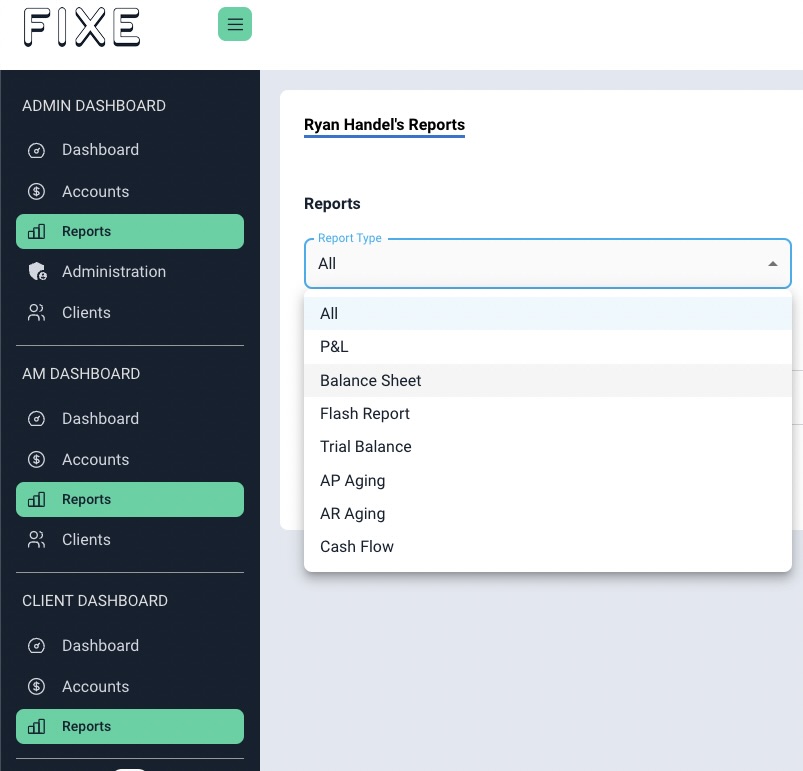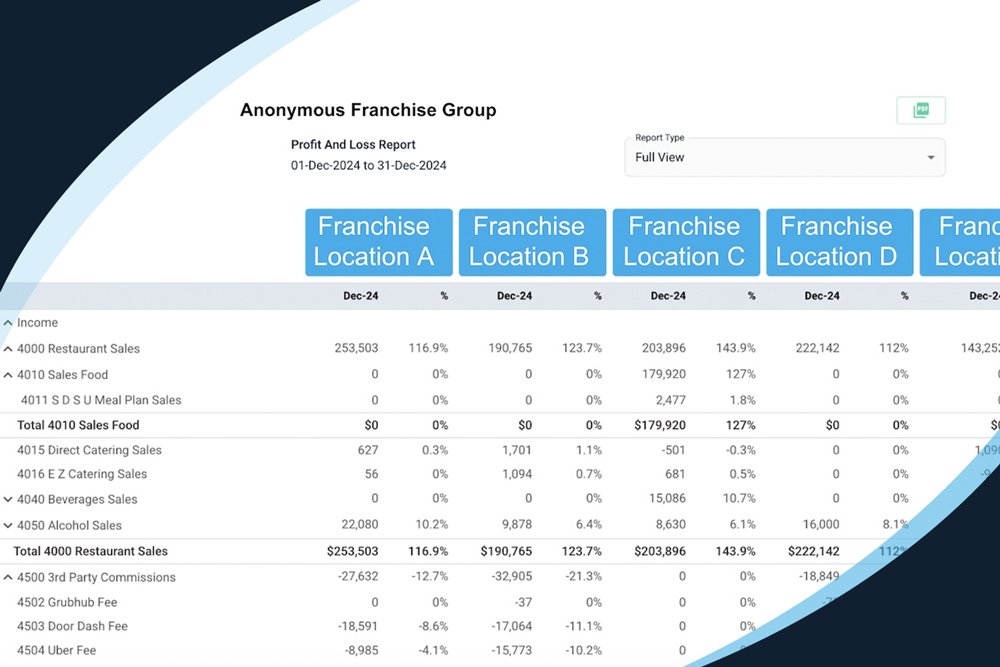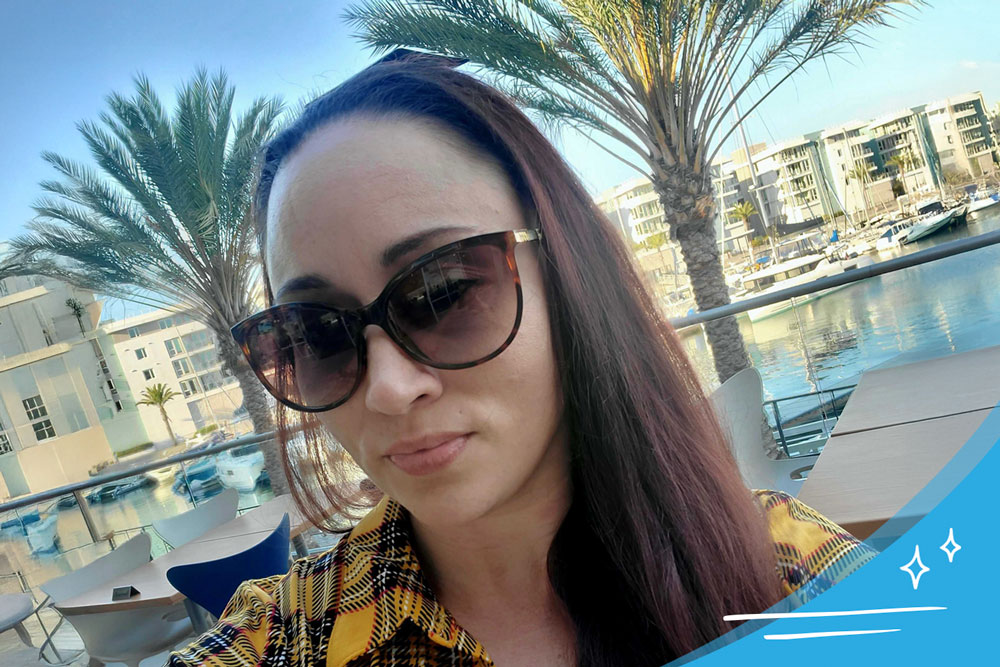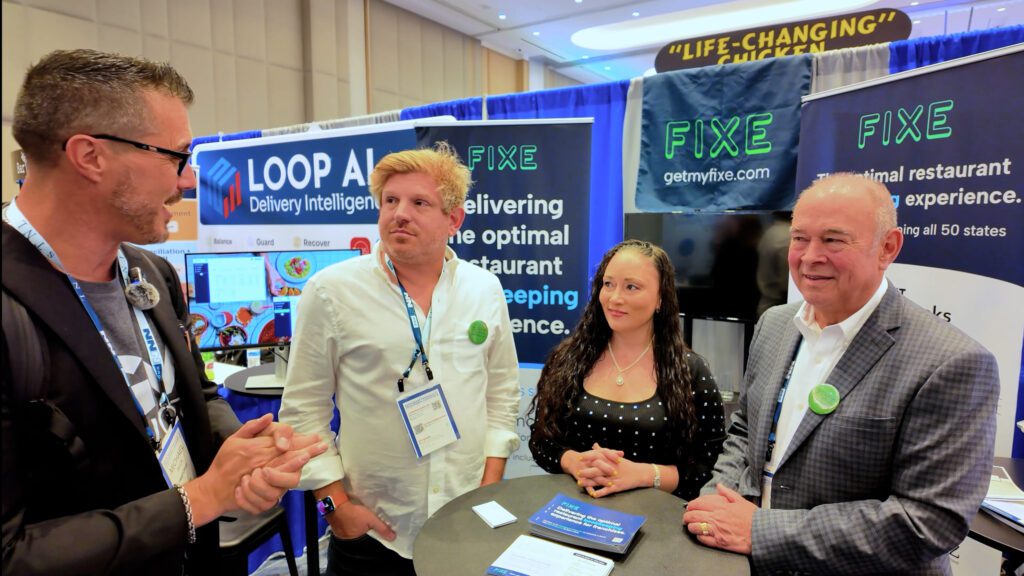Understanding Operating Cash Flow is an important part of succeeding in the restaurant business. OCF is the money that you have in the bank, minus any pending vendor or payroll payments (ACH or checks) that haven’t cleared yet, minus any upcoming sales tax liability.
People forget that they have large payments at the end of each month for sales tax and payroll. You have to keep that in the back of your mind when you’re sending out payments. If you’re paying vendors diligently and forget it’s a payroll week, or you forget sales tax, then you’re not going to have enough cash to pay those people.
You have a little bit of wiggle room in how you stagger the way you pay some vendors. Some vendors might be on ACH. So when you pay them, it hits their account the next day. You also might have the ability to pay some vendors via check, which takes 7–8 days to clear.
If cash flow becomes tight, one way to increase cash flow and flexibility is to take advantage of the terms that you have with your vendors. When a lot of restaurants first open, they don’t have terms. Or vendors automatically take money out of a restaurant’s bank account every time they send invoices. If not managed properly, this set-up could lead to bigger problems down the road.
WHAT ARE REASONABLE TERMS FOR RESTAURANTS TO REQUEST WITH VENDORS?
Try to get 30-day terms with all of your vendors. That gives you 30 days to pay. If you’re a new restaurant, that’s going to be tough to do, because you don’t have any credit history or relationships with those vendors. They may not agree to this. Liquor vendors, depending on the state, have certain laws regarding terms in general, which can limit your options in those cases.
LIMIT CREDIT CHECKS
When you’re applying for terms with your vendors, they tend to run a credit check on you, which can negatively impact your credit score. When I first opened up simple things, a restaurant that had three locations in Los Angeles, I had great credit. All of a sudden, I got dinged five or six times for credit checks because all these vendors started doing credit reports on me. When I got a little bit more experience, and I started signing up with other vendors, or with vendors in my additional locations, I said, “You already know my history. I’m happy to make terms with you, but I don’t want to have another credit check.” At that point, I had enough experience and knowledge and know-how where they didn’t do a credit check with me again.
If vendors insist on credit checks, you can always push back and say, “Let’s do 15 or 30-day terms, but you can automatically withdraw it from my bank account.” That gives you flexibility, and gives them a guarantee to get the money. Maybe they won’t do a credit check that way.
MANAGE AUTO PAY
A lot of clients come to us and say, “We’re on auto pay. Now we don’t have to worry about paying vendors.” It saves time and effort, because you don’t have to write checks or schedule payments.” But when the vendor is automatically charging your bank account, there’s no system of checks and balances to make sure they’re charging the appropriate amount. You would be surprised how many times the vendors incorrectly charge. Not that they’re doing it intentionally. If you are returning a product, you also want to make sure you get credit for that product.
GUARANTEE DELIVERIES
When restaurants first open, one of the things operators hate the most is food getting delivered late. It gets delivered right in the middle of lunch. Or it gets delivered after I need it. The vendor always says, “We’ve got so many stops on our truck. We can’t get to everyone’s restaurant right at 6, 7 or 8 a.m. every single day.” They’re of course going to prioritize clients that have been with them longer or do bigger volumes. The way to get around that is by talking with your vendors about doing overnight drops, dropping off your food in the middle of the night. You would have to give them the key to your restaurant. But in my experience, if vendors are doing that, it guarantees that your food is there in the morning. It also guarantees that you’re off and running. You still have to review your order, but it allows for a better workflow.
BENEFIT FROM REBATES
Often vendors are going to come and give you the lowest prices in the beginning, and then a couple months later, start to raise prices because no one’s paying attention. They make more money that way. Some of the more experienced operators, instead of trying to negotiate the lowest pricing on every single product, try to negotiate rebates that they receive from their vendors at the end of each quarter. You might negotiate the lowest pricing, but unless there’s a contract for it, the vendors can raise those prices at any given point. Instead, say, “Give me the standard pricing. I’m happy to pay for it, but then you give me a 1 or 2% rebate every quarter for what I spend from you.” That puts money back in my pocket, and it allows a little bit more transparency for the pricing. The vendor typically is not going to raise pricing on top of standard pricing, and then you’re getting discounted pricing in the form of a rebate in a couple months.
You can’t ask for preferential delivery times, the lowest pricing on everything, and expect vendors to be making money as well. Everyone has to be happy in their relationship. You can’t try to demand and expect everything. You have to be a really big group to be a loss leader and worth it for vendors. For the moms and pops or the small chains out there, where they don’t have as much buying power, there are different ways of getting creative. Figure out a way to make it easier on the vendor, and they may make it better for you from a financial standpoint.
FINE-TUNING OCF: SET UP YOUR POS SYSTEM AND 3RD PARTY APPS PROPERLY
1) Make sure that credit card deposits line up with the day-of sales. Deposits don’t always don’t clearly line up with day-of sales due to some basic settings done incorrectly in the POS system.
2) Restaurants using 3rd party apps like DoorDash, Uber Eats, and GrubHub, if they’re not set up correctly on day one, those apps are not depositing to their bank account correctly on day one. We see instances where the restaurants never received deposits from 3rd party apps until some correcting a setting on the back end. Restaurants should always keep checking to make sure that they’re receiving all of their weekly deposits from 3rd party apps and vendors.
FIXE clients can request that their account manager spot check to make sure they are receiving deposits correctly from those 3rd party apps. Loop also does a good job of tracking that.


